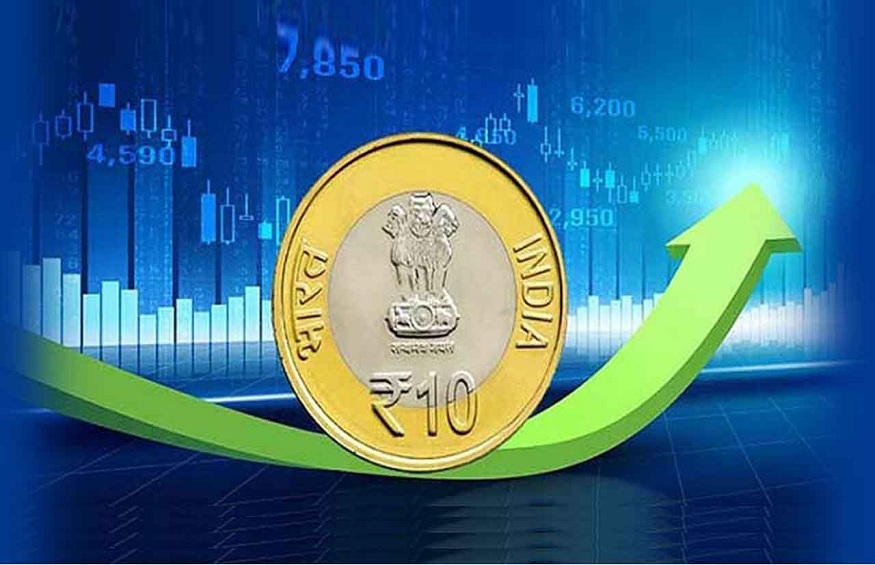Inflation surged to its highest level two years ago as the pandemic continued to cause economic uncertainty and upheaval. The rise in inflation was driven by several factors, including an increase in the cost of living, rising demand for goods and services, and supply chain disruptions.
The pandemic has caused a sharp increase in the cost of living for many people worldwide, and this is due to several factors, such as job losses, reduced incomes, and higher prices for essential goods and services. Combining these factors has led to a significant increase in the inflation rate.
Rising inflation has also been driven by increased demand for goods and services because more people work from home than ever before and have more disposable income. This increase in demand has led to an increase in the prices of goods and services as businesses attempt to meet this increased demand.
Finally, the pandemic has also caused disruptions to supply chains, making it difficult for businesses to obtain the raw materials needed to produce goods and services. These disruptions have led to an increase in the prices of these goods and services, as businesses pass on their cost to consumers.
What are the predictions for the future?
Inflation is expected to remain high shortly as the after-effects of the pandemic continues to cause economic uncertainty, leading to higher prices for goods and services and reduced purchasing power for consumers. Therefore, people need to carefully monitor their spending and budget to avoid being caught out.
How does this surge in inflation affect UK traders?
The surge in inflation will have several implications for UK traders. Firstly, it is likely to increase the cost of goods and services, which will eat into profits and may cause businesses to pass on the cost to consumers through higher prices.
Secondly, the rise in inflation will reduce the purchasing power of consumers, as their money will not go as far, which could lead to reduced demand for goods and services, which could impact businesses. Finally, the rise in inflation could lead to interest rate rises, which would make it more expensive for businesses to borrow money.
Inflation is a crucial concern for central banks around the world. They are tasked with keeping inflation under control not to become a drag on economic growth. The surge in inflation last year is likely to cause central banks to reassess their policies and increase interest rates, making it more expensive for businesses to borrow money and impacting economic growth.
What should UK traders be doing now?
UK traders should be cautious when investing at this time and consider diversifying their portfolios to mitigate the risks posed by inflation. They should also monitor their spending and budget carefully to avoid being caught out by rising prices. Inflation is expected to remain high shortly, so it is essential to be prepared for this.
How can you avoid losses during times of high inflation?
You can take several steps to avoid losses during times of high inflation. Firstly, you should diversify your portfolio to include assets less likely to be impacted by inflation, which includes investments such as property, gold, and bonds.
Secondly, you should carefully monitor your spending and budget to avoid being caught out by rising prices. Finally, it would help if you considered investing in index-linked products, which would protect your investment from inflation
The bottom line
The surge in inflation is likely to have several implications for UK traders and the stock market. It is essential to monitor the situation carefully and budget accordingly to avoid being caught out by rising prices. Interest rate rises may also impact businesses, so staying up-to-date with central bank policy is essential. If you are a UK trader concerned about the rising inflation and looking for investment tips, we recommend contacting an experienced and reliable online broker such as Saxo Bank. Click to read more.

